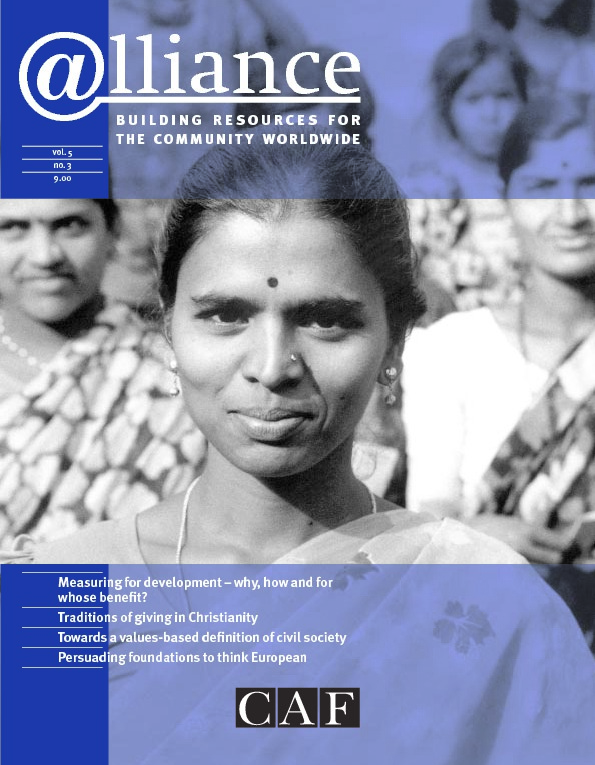This work is billed as a ‘primer’ on human rights for companies. It categorizes the human rights problems that most businesses face around the world, and sets forth policy options that will help protect a company’s interests as well as leading to improvements for those who often suffer the consequences of human rights violations.
The authors put the main issue in a fairly straightforward fashion – although the laundry-list approach to presenting the human rights issues with which a business must be concerned is a bit overwhelming. The company that ignores serious human rights violations – inside or outside its plant – stands to have its reputation damaged, possibly resulting in significant loss of business. Further, the outsourcing company cannot hide behind lack of knowledge of violations perpetrated or ignored by companies in its supply-chain, but must be proactive in changing suppliers’ practices as well.
Recommendations call for the appointing of myriad executives to assess, more or less continuously, and respond to, all manner and forms of human rights violations. Companies are asked to subscribe to and adopt as a matter of business code and policy a number of declarations, standards, covenants and conventions issued by multilateral organizations such as the ILO and the UN. Although I am sure that that the authors didn’t mean to imply such, one is left with the impression that only the very largest of corporations could begin to take on the magnitude of what the primer suggests. Yet it must be borne in mind that the majority of the world’s employment comes from small and medium-size firms.
Of the company case studies, four are in extractive industries, three in the clothing/footwear industry, and one in manufacturing (a medium-size firm in light manufacturing). These cases encompass examples both of a largely reactive response to human rights violations (eg Shell Oil in Nigeria) and of a proactive one (eg Reebok in Indonesia). Perhaps the most significant conclusion one might reach after reviewing these cases is that there is a significant element of the ‘damned if you do’ and ‘damned if you don’t’ in seeking to be corporately responsible in the human rights area. This will not really be news to most businesses.
This primer is right, though: businesses had best make a start – one that is more than just the rhetoric embodied in all manner of ‘codes’ and ‘policies’ – if they wish to maintain their reputations.
Delwin Roy is a consultant on strategies for global corporate community involvement. From 1985 until 1998 he was President and CEO, The Hitachi Foundation. He is now Director, Loita Capital Holdings Africa, based in Johannesburg, and Chairman and CEO, the Eric Edward Roy Fund for Education in Africa (a Washington DC-based non-profit). He can be contacted by email at DARoy@aol.com
For further information, contact Frances House at PWBLF on +44 20 7467 3632.
Human Rights – is it any of your business?
Amnesty International/Prince of Wales Business Leaders Forum £15/$24
To order, contact MMC.
Fax +44 1252 669 670
Email PWBLF@mmcltd.com






Comments (0)